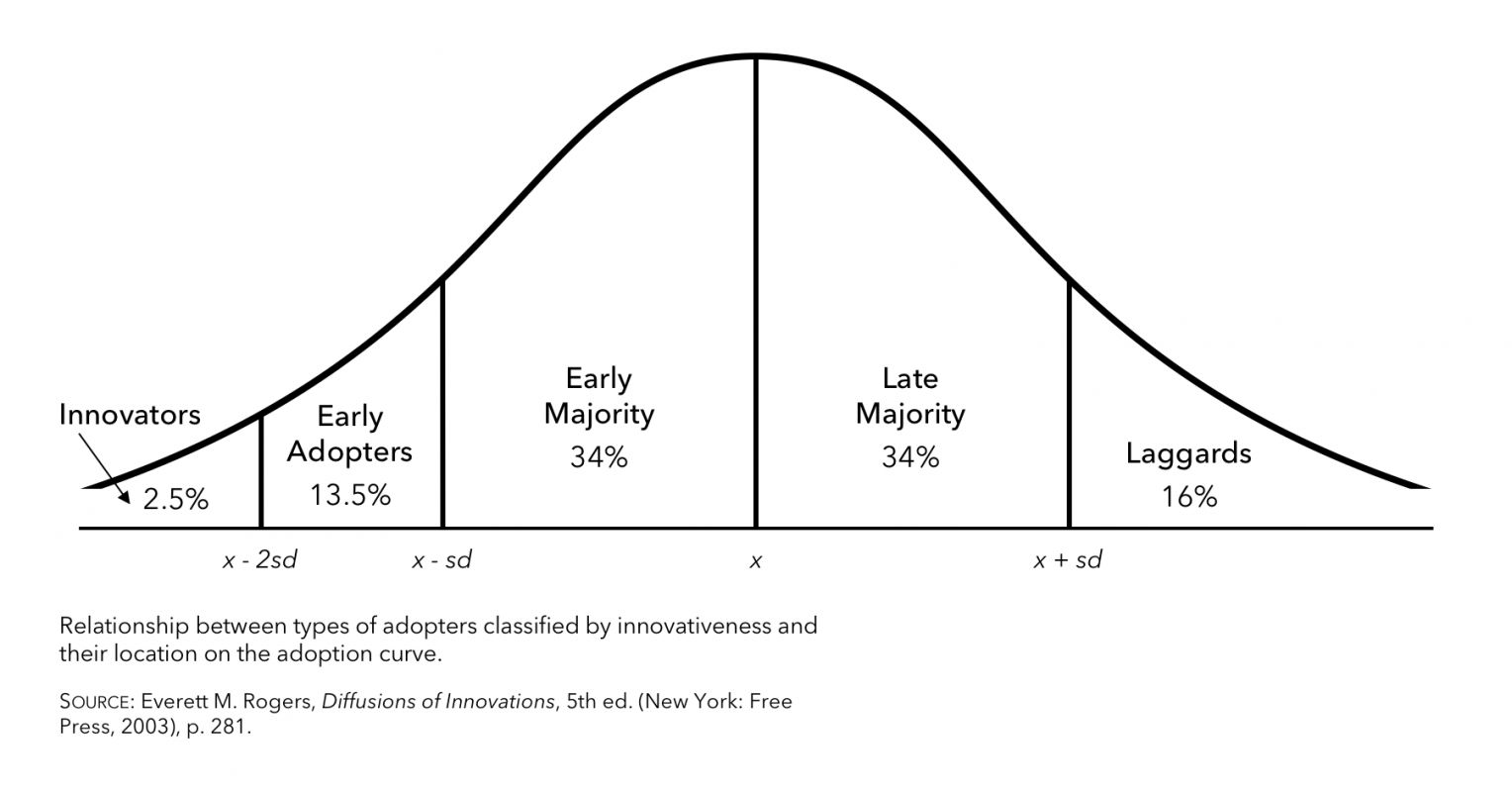
"A recent "60 Minutes" exposé revealed how automatic updates and connected devices quietly intrude on privacy. One car owner who purchased GM's OnStar system primarily for safety discovered that his driving habits were being secretly shared with insurers. This unauthorized practice caused his premiums to rise, costing him hundreds of dollars while lining the pockets of insurers. Even worse, the data was misinterpreted, turning an everyday convenience into unjust surveillance."
"As consumers, we have lost control over the pace of technology adoption. Everett Rogers' adoption curve once gave us a familiar rhythm: early adopters, early majority, late majority, and laggards. Today, AI is compressing that curve, replacing choice with forced consent-fueled by constant push notifications, covert data collection, and unauthorized selling of personal information. Platforms like Google, LinkedIn, and Facebook embed AI in ways that deliberately ma"
Connected vehicle systems can share driving data with insurers without consent, leading to misinterpreted data, higher premiums, and unjust surveillance. Convenience from automatic updates and personalization has morphed into manipulation as pervasive connectivity increases exposure and vulnerability. AI now permeates infrastructure, commerce, education, healthcare, and social systems, affecting autonomy, privacy, and agency. AI has long historical roots and recent consumer adoption accelerated with products like Siri, Alexa, and generative AI tools. Rapid AI deployment compresses traditional adoption curves, replacing meaningful choice with forced consent, covert data collection, and unauthorized sales of personal information.
Read at Psychology Today
Unable to calculate read time
Collection
[
|
...
]